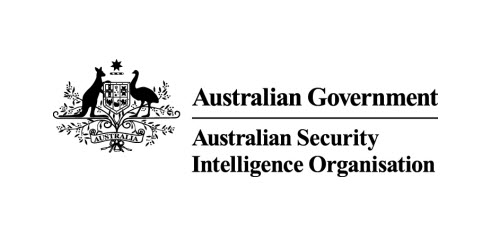In a startling revelation on Wednesday, Australia’s director-general of security, Mike Burgess, has ignited a political firestorm by accusing a former Australian politician of being a traitor who collaborated with a foreign spy team. The unidentified country’s operatives allegedly cultivated and recruited this politician, who is accused of betraying Australia, their political party, and former colleagues to serve the interests of a foreign regime.
Australia, a member of the “Five Eyes” intelligence-sharing alliance with the United States, Britain, Canada, and New Zealand, becomes an attractive target for espionage, particularly from nations like China and Russia. The gravity of the accusation has sent shockwaves through the political landscape, prompting calls for the government to publicly disclose the identity of the alleged traitor.
Former Australian conservative treasurer Joe Hockey expressed concern that Burgess’s revelation has cast a shadow on all lawmakers, tainting their reputations. Hockey, who served as Australia’s ambassador to the United States until 2020, described the situation as a besmirchment of politicians as a whole.
The spy chief’s disclosure comes at a time when Australia, in 2018, implemented foreign interference laws, with the explicit intention, according to former Prime Minister Malcolm Turnbull, of exposing alleged Chinese interference. This context sheds light on the geopolitical tensions influencing Australia’s security landscape.
Adding complexity to the situation, Chinese-Australian businessman Di Sanh Duong was recently sentenced to nearly three years in jail for allegedly attempting to influence a former federal minister. This marked the first conviction under the foreign interference laws, emphasizing the real-world implications of espionage activities within the country.
Burgess’s decision to publicly disclose the foreign spy team’s actions is seen as a bold move, intended not only to expose the alleged traitor but also to send a clear message to the foreign operatives that they have been discovered. The confrontation between Australia’s own spies and the unit’s team leader further underscores the seriousness of the situation and the government’s commitment to addressing foreign interference.
As the political fallout unfolds, the demand for transparency intensifies, with citizens and lawmakers alike seeking clarity on the identity of the accused former politician. The ramifications extend beyond national borders, impacting Australia’s relationships within the intelligence-sharing group and potentially straining diplomatic ties with the accused foreign regime.
In the midst of these developments, maintaining a nuanced perspective is crucial, recognizing that individuals may be innocent until proven guilty, and that accusations of espionage carry significant implications. The Australian government now faces the delicate task of balancing national security imperatives with the principles of fairness and justice as it navigates the aftermath of this unprecedented revelation.











